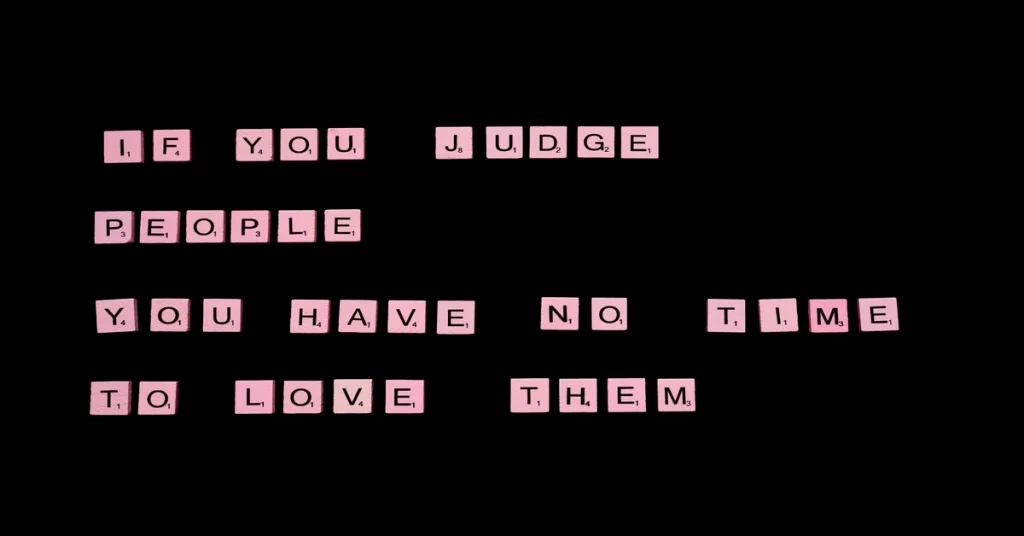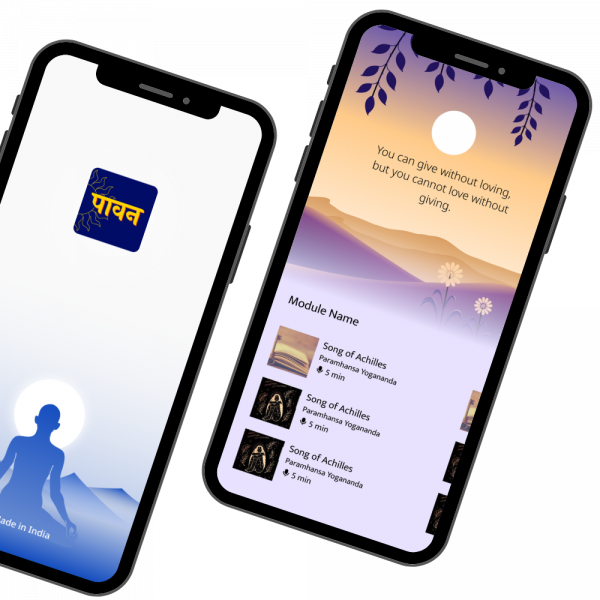In today’s world, with new information coming to us in every 30 seconds, we are all facing something called “information overload”. To make it easier and comprehensible, we organize the information into categories of “good” “bad” “unimportant” and more. It is our biological instinct to create judgements about everything and everyone, and social media has made it quicker!
But, making quick judgements, may give us a negative outlook to life situations, make it difficult to have hope and even hamper your social support by contributing to grudges, resentments and broken relationships. Lets explore, why do people judge others first and then read how to judge slowly and forgive quickly.
Why Do People Judge Others?
It is believed that everything is based on two basic emotions- love and fear. When we encounter anyone or any situation, we judge them, and then our emotions are elicited accordingly- what we judge as good is loved, what we judge as bad is feared. And what we fear is avoided, discarded and perceived even more negatively.
Hence, making correct perceptions is critical. If we judge incoming information too quickly, we are likely to fall into the trap of confirmation bias, which affects our opportunities to learn something new. When we judge the actions of others too quickly, we increase our chances of looking at them in a negative light, and hence not cherish them.
You will also ❤️ these:
The Importance Of Kindness And 13 Ways To Embrace It In Life
7 Proven Effective Communication Principles You Need to Know
How To Be Slow In Making Judgements?
1. Practice empathy
If you notice yourself perceiving someone in a negative light, stop yourself and try to practice empathy. Put yourself in others’ shoes, as the cliché says. Put some time and try to objectively think where the person is coming from, what might be the possible reasons behind their behavior, and is there any way this could not be intentional on their part. Chances are, you may make a final judgement which is less negative than the original one, or even be positive.
2. Pull back
Manly, a psychologist, says that when you catch yourself making a snide remark about anyone’s shoes for example, pull yourself back and tell yourself “I am being judgy, I don’t want to do that”. And then, compensate it with a compliment maybe. So, you can actually push yourself a little and compliment their smile or confidence instead. Being judgmental is a habit, which can be, like all other habits, be modified.
3. Self-compassion
Judgments are based on superficial information, and even though they are opinions they are perceived as reality. Also, they are more about you, than the other person, says Brady, a Licensed Marriage and Family Therapist. She suggests that when we are more forgiving and compassionate towards self, it becomes easier to be like this with others also. When we are able to practice kindness care towards self, it becomes a way of experiencing external world, and we are able to be kind and caring for others as well.
4. Forgiveness
We all feel wronged by someone – a friend, a colleague, or even our family members. But when we hang on to those negative emotions, it creates harm to our health. But forgiving is not always easy. We can take baby steps to create an internal environment which is forgiving. For that, we first need to be comfortable with it, and that we can do by practicing the act of forgiveness in our daily lives.
For example, if someone replies rudely to you, or cuts you off in traffic, instead of making a negative remark about them, you may try to tell yourselves that it wasn’t directed to you personally, pause the negative feelings and reactions that may come with it, and hence forgive them then and there.
Overall, when we find ourselves making negative judgements about anyone or any situation, it is important that we train our minds to stop in that moment, and practice empathy, pull ourselves back, practice compassion towards self, and finally forgive the other person. All these are powerful techniques. It is also important to keep in mind that by doing all these things, we are not doing a favor on the other person, but we are the ones being benefitted from it- having less stress, better relationships and healthier bodies and minds.






